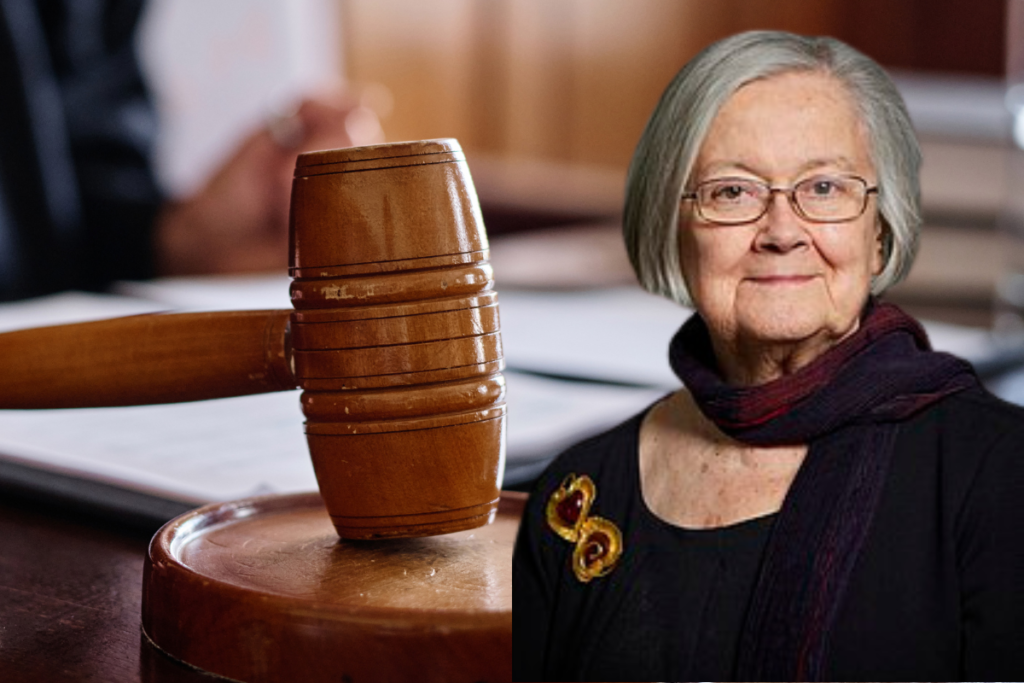In a case that has drawn international attention, Egyptian human rights activist Mohamed El-Baqer was released on bail Sunday, after facing terrorism-related charges. The release, which took place in Cairo, follows years of legal battles and mounting criticism of Egypt’s human rights record.
Supporters say the charges are baseless and part of a broader crackdown on dissent, while government officials maintain they are necessary to combat extremism. El-Baqer, a prominent lawyer and founder of the Adalah Center for Rights and Freedoms, was arrested in September 2019 while representing activist Alaa Abdel Fattah.
Both men were charged with “spreading false news” and belonging to a terrorist organization—a charge often used in Egypt against political dissidents. Critics allege the accusations lack evidence and are intended to silence human rights advocates.
The decision to grant bail comes amid growing pressure from international human rights groups and Western governments. Organizations such as Amnesty International and Human Rights Watch have repeatedly called for El-Baqer’s release, arguing that his detention violates international law.
The case has been emblematic of what activists describe as a worsening climate for civil liberties in Egypt under President Abdel Fattah el-Sisi.
A Strategic Move or a Gesture of Reform?
Legal analysts and activists are divided over the implications of El-Baqer’s release. Some view it as a tactical move by the Egyptian government to deflect international criticism, particularly as Egypt seeks to strengthen ties with Western allies.
In recent months, the country has faced scrutiny over its human rights practices, including reports of mass arrests, media censorship, and the stifling of opposition voices.
“This is not a sign of reform,” said one Cairo-based human rights lawyer, who spoke on condition of anonymity. “It’s a calculated decision aimed at easing external pressure while keeping the system of repression intact.”
Others see the release as a potential turning point, albeit a small one. “Even symbolic victories like this matter,” said a spokesperson for the Egyptian Commission for Rights and Freedoms. “They remind us that sustained advocacy can make a difference.”
A Broader Crackdown on Civil Society
El-Baqer’s detention is part of a broader crackdown on civil society in Egypt that has intensified since the military-backed ousting of former President Mohamed Morsi in 2013. Tens of thousands of activists, journalists, and perceived political opponents have been imprisoned under broad anti-terrorism laws.
The United Nations and the European Parliament have both issued resolutions condemning Egypt’s use of such laws to suppress dissent. In December, the Biden administration announced it would withhold $85 million in military aid to Egypt over human rights concerns, signaling a shift in the traditionally close US-Egypt relationship.
What’s Next for El-Baqer?
Despite his release, El-Baqer still faces significant legal challenges. His case has not been dismissed, and he could be re-arrested if convicted. Observers note that bail conditions in such cases often come with restrictions, including travel bans and ongoing surveillance.
For now, however, El-Baqer’s release offers a glimmer of hope to Egypt’s beleaguered human rights community. His supporters gathered outside the courthouse Sunday, holding signs that read “Freedom for All,” a reminder that many others remain behind bars.
As Egypt grapples with international criticism and domestic unrest, El-Baqer’s case underscores a pressing question: Can the country balance security concerns with the need for political freedoms? For many, the answer remains uncertain.



